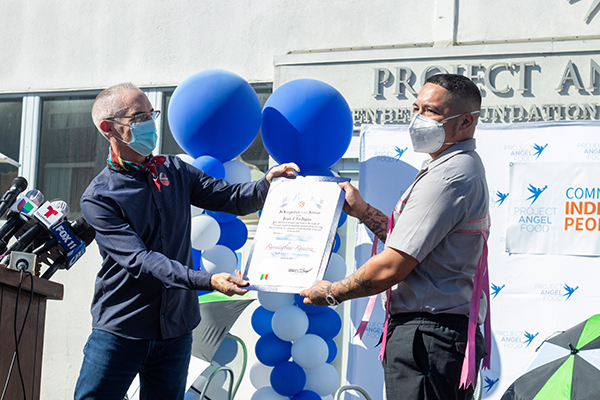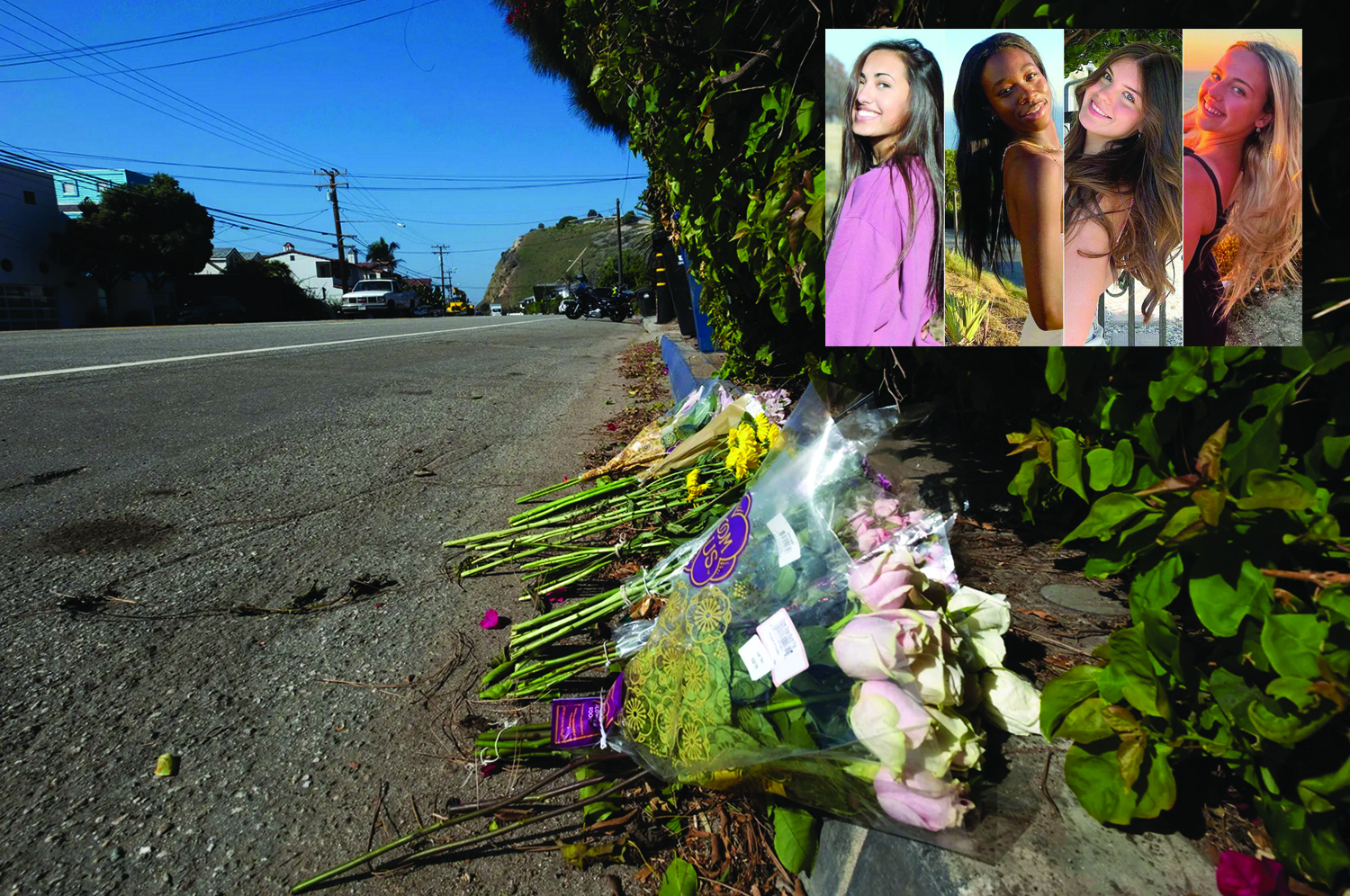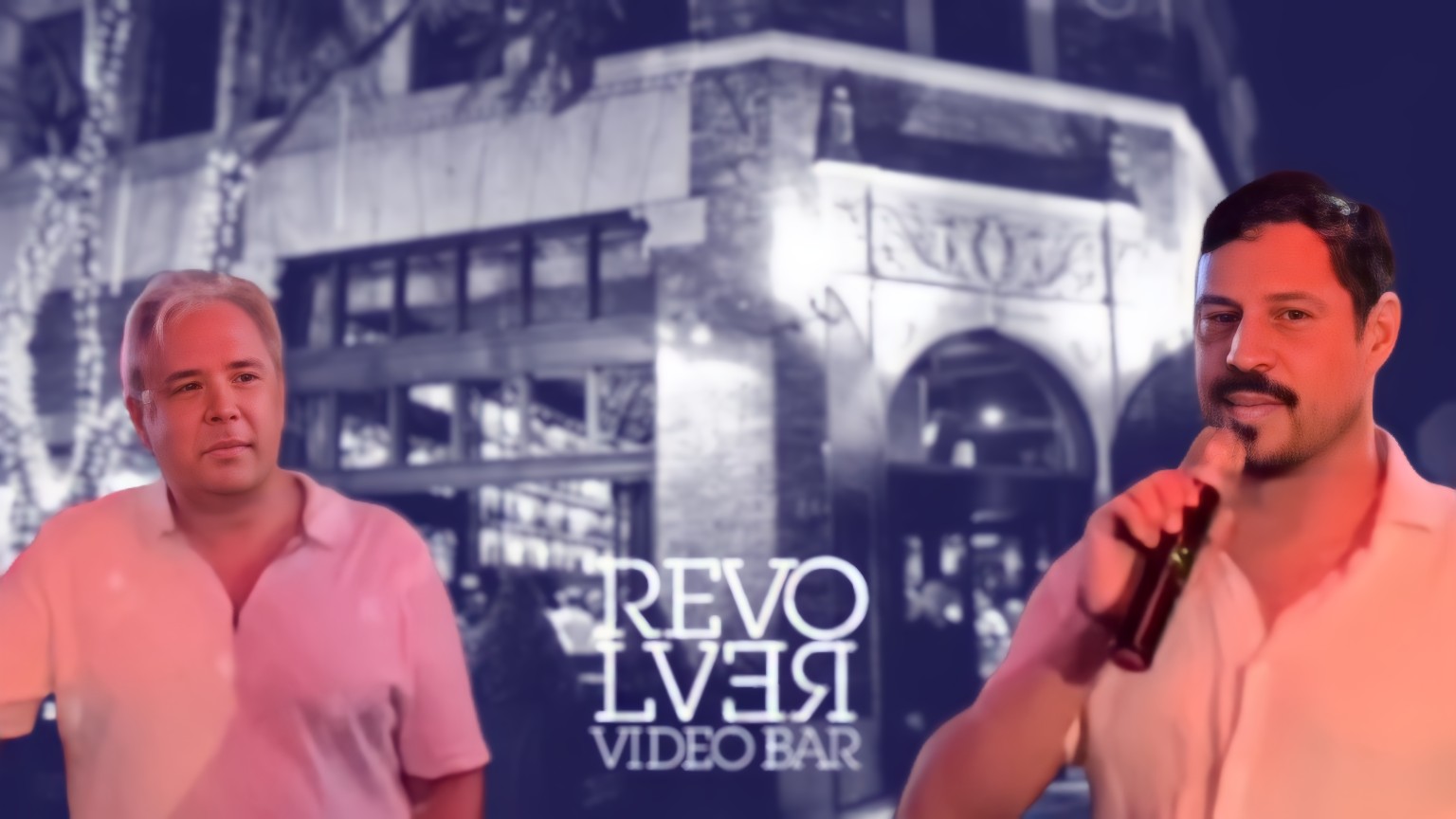Staff and Wire Reports
LOS ANGELES — On Indigenous Peoples’ Day, City Councilman Mitch O’Farrell called attention to the “startling statistic” that Native Americans are almost 4 1/2 times more likely to become homeless when compared to the general Los Angeles County population.
“The city and county have taken major steps to address the long-standing issue of homelessness in Los Angeles; however, the Native American community is being left behind when it comes to housing and supportive services,” said O’Farrell, who is a member of the Wyandotte Nation.
He said he hopes to advance a policy initiative that “will address the even longer-standing needs of the Native American community, and I’m calling on our partners at the county and state level to join me to address the great needs of this community.”
O’Farrell was referring to a motion he filed in late September that calls for improving assessment methods to ensure all Native Americans are counted in the annual homeless survey, to improve cultural sensitivity among homeless services providers, and to make recommendations to fund housing for homeless Native Americans.
The motion also calls for the city to partner with the county to address the needs of indigenous communities experiencing homelessness.
“As a Native community, we take pride in knowing how to take care of one another,” said Dr. Andrea Garcia, who serves on the Los Angeles City/County Native American Indian Commission. “Thanks to our community sharing their experiences and expertise, this work in addressing Native homelessness continues to move steadfastly ahead.”
If the motion is passed by the full City Council, the offices of the City Administrative Officer and Chief Legislative Analyst would hire a consultant to work directly with the Native American Indian Commission and provide recommendations to improve outreach, access, services, housing and shelter.
O’Farrell said he expects his motion to be heard by the full council within the next few weeks.
O’Farrell joined Project Angel Food Executive Director Richard Ayoub Oct. 12 to honor Project Angel Food board member Runningbear Ramirez and announce a ground-breaking research study on Native Americans with Diabetes in conjunction with the USC Keck School of Medicine, funded by Ramirez.
“I couldn’t think of a better way to celebrate this day than to announce a research study that helps Native Americans with diabetes have a healthier life through our ‘food as medicine’ program,” Ayoub said. O’Farrell added that the healing power of food is actually a tenant rooted in the Native American culture and that diabetes is one of the top illnesses that impacts the Native American community, pointing out that, the introduction of refined sugar was something new when colonization began.”
Ramirez was then presented with a commendation on behalf of the city for his contributions to the vital work of Project Angel Food and specifically for funding the Project Angel Food/USC Keck School of Medicine research study.
Ramirez also praised Project Angel Food’s efforts and said, “Thank you for helping me get this study off the ground and for all the work you do. I’m so proud to be part of Project Angel Food, and so happy that the organization is recognizing Indigenous Peoples’ Day. Representation matters.”
Project Angel Food provides medically tailored meals to people who are living with life-threatening illnesses such as HIV/AIDS, cancer, diabetes and heart disease. Because Project Angel Food clients are most vulnerable to COVID-19, the services have never been as vital as they are today.
Since March, Project Angel Food has increased by service 29%, increasing delivery to 1,500 people a day to 2,100 daily. Nutritionists work with chefs to create 39 meal variations each day that tailor meals to each client’s specific medical needs.
The Project Angel Food/USC Keck School of Medicine Research Study on Native Americans with Diabetes is the first of its kind research study on Native Americans with Diabetes. The two-year study will examine the physical and mental health outcomes of Native Americans with diabetes and how they are improved when they are provided with Project Angel Food’s medically tailored meals and are partnered with “food buddies,” other Native American diabetics on the same meal plan.
Project Angel Food’s “food is medicine” program works with agency nutritionists to design meal plans aimed at lowering blood sugar. As part of the program, participants will receive two meals a day, nutrition education and will be required to have regular medical check-ins and they must have a food buddy, who will receive the same meals and help them on their journey to good health.












